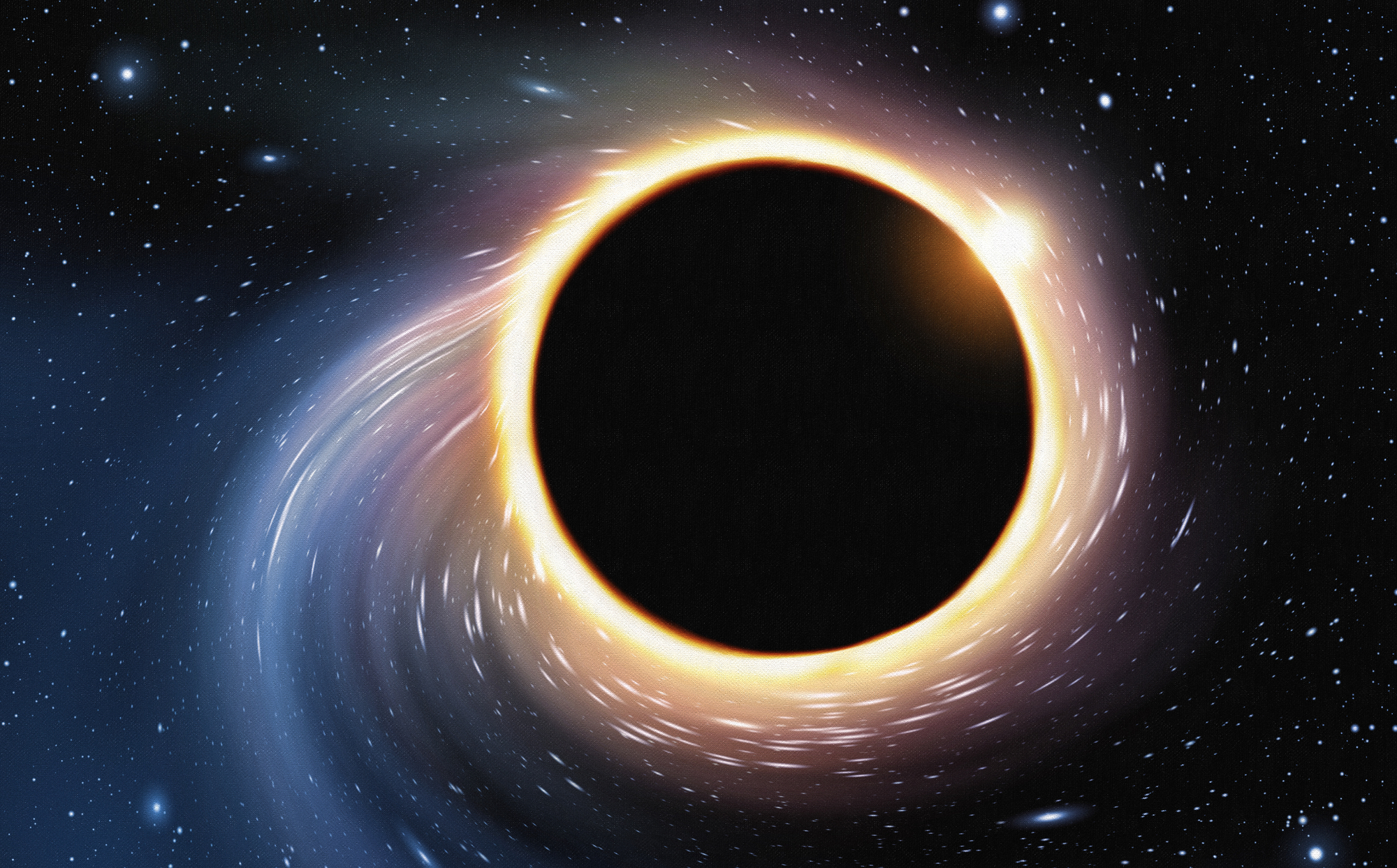How many black holes are there in the universe?
A lot. If a star is heavy enough (i.e., it is still at least 2.5 solar masses after its supernova), then it continues to collapse until a black hole forms. Such stellar-sized black holes have been forming for quite some time, and more and more are forming. How many are there already? This intriguing question has been addressed by Alex Sicilia, a PhD student under the supervision of Prof. Andrea Lapi and Dr. Lumen Boco of Italy’s Scuola Internazionale Superiore di Studi Avanzati. In a first paper just published in the Astrophysical Journal, the authors studied the demography of stellar black holes.
According to the new research, a remarkable amount of about one percent of the universe’s total ordinary (baryonic) matter is trapped in stellar black holes. Amazingly, researchers have found that the number of black holes in the observable universe (a sphere about 90 billion light-years across) is currently about 40 quintillion, or 40 billion billion (i.e., a 4 followed by 19 zeros). Superheavy black holes, such as those found in the cores of galaxies, on the other hand, contribute relatively little to the mass of the universe – two orders of magnitude less than their inconspicuous stellar representatives.
In addition, the researchers have also explored the various formation channels for black holes of different masses, such as individual stars at the end of their lives, binary systems and star clusters. According to their work, the most massive stellar black holes are formed mainly through dynamical events in star clusters. In particular, the researchers have shown that such events are required to explain the mass function of coalescing black holes, as estimated from gravitational wave observations by the LIGO/Virgo collaboration.
Incidentally, the figure does not include substellar black holes that may have formed in the early days of the universe. So far, it is not certain that they exist, but if they do, their number is likely to far exceed that of their stellar siblings.
